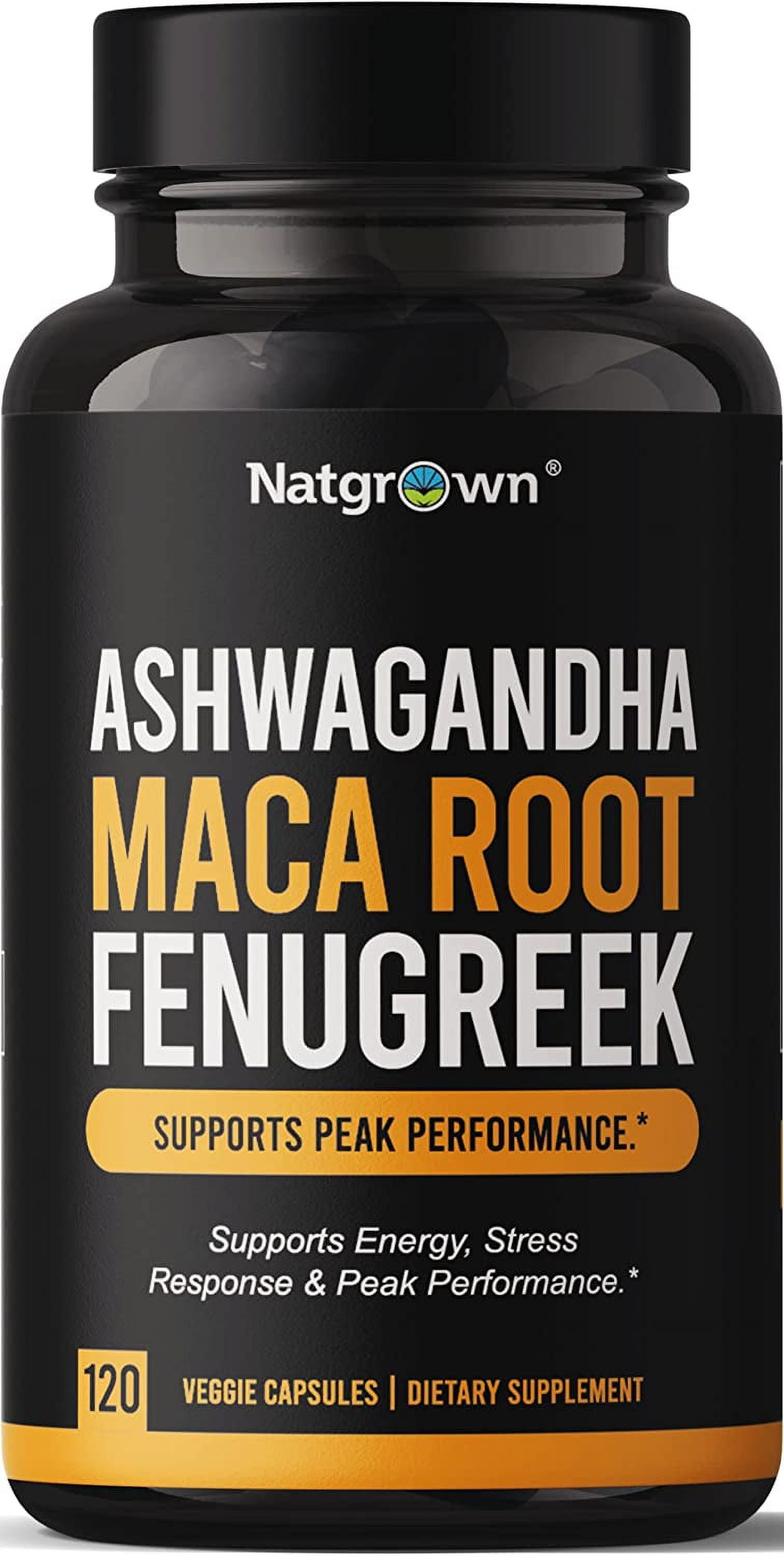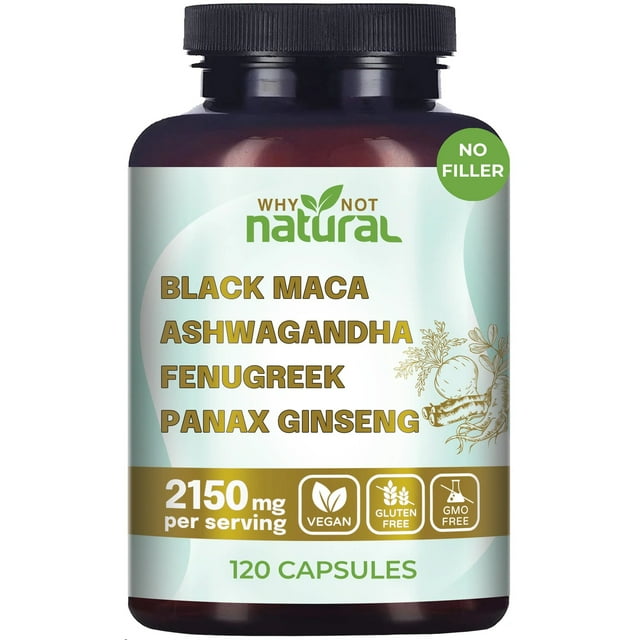Ashwagandha Maca Fenugreek Benefits For Men

In recent years, the market for herbal supplements aimed at enhancing male vitality has surged, fueled by promises of increased energy, improved sexual function, and boosted muscle growth. Three botanicals – ashwagandha, maca, and fenugreek – frequently headline these formulations, drawing considerable attention from both consumers and researchers alike.
This article explores the scientific evidence surrounding these herbs, examining their purported benefits and potential risks for men. It aims to provide a balanced perspective, separating marketing hype from substantiated research findings.
What are Ashwagandha, Maca, and Fenugreek?
Ashwagandha (Withania somnifera) is an adaptogenic herb used in traditional Ayurvedic medicine. It is believed to help the body manage stress and improve overall well-being.
Maca (Lepidium meyenii) is a root vegetable native to the Andes Mountains of Peru. It has a long history of use as a food and traditional medicine to enhance fertility and energy.
Fenugreek (Trigonella foenum-graecum) is an herb whose seeds are commonly used as a spice and in traditional medicine. It is often promoted for its potential to boost testosterone levels and increase libido.
Potential Benefits for Men
While anecdotal evidence and traditional uses abound, rigorous scientific studies are crucial to validating the claimed benefits of these herbs. Here's a look at what the research says:
Ashwagandha
Several studies have investigated ashwagandha's effects on men's health. A 2010 study published in "Fertility and Sterility" found that ashwagandha improved semen quality in infertile men.
Another study in the "Journal of the International Society of Sports Nutrition" (2015) indicated that ashwagandha supplementation may increase muscle strength and size, as well as lower body fat percentage, in conjunction with resistance training.
Furthermore, ashwagandha has shown promise in reducing stress and anxiety, potentially leading to improved overall well-being, as documented in various studies exploring its adaptogenic properties.
Maca
Maca is primarily associated with improvements in sexual function. A systematic review published in "BMC Complementary and Alternative Medicine" in 2010 concluded that there is some evidence for maca improving sexual desire after at least 6 weeks of ingestion.
Some studies have also suggested that maca may improve sperm production and motility. However, more research is needed to confirm these findings and determine the optimal dosage.
Other purported benefits of maca, such as increased energy levels and enhanced cognitive function, require further investigation to establish a clear link.
Fenugreek
Fenugreek is often marketed for its ability to increase testosterone levels. Some studies suggest that fenugreek extract may increase free testosterone levels and improve libido in men.
A study published in the "International Journal of Sport Nutrition and Exercise Metabolism" (2010) found that fenugreek supplementation had a significant impact on upper and lower body strength and body composition in resistance-trained men.
However, it's important to note that not all studies have shown positive results, and more research is necessary to fully understand fenugreek's effects on testosterone and muscle growth.
Potential Risks and Side Effects
While these herbs are generally considered safe for most people, potential side effects and interactions should be considered. It is important to consult with a healthcare professional before starting any new supplement regimen, especially if you have pre-existing medical conditions or are taking medications.
Ashwagandha may cause drowsiness, stomach upset, and, in rare cases, liver problems. It may also interact with certain medications, such as immunosuppressants and sedatives.
Maca is generally well-tolerated, but some people may experience mild gastrointestinal issues. It is important to note that maca can act as an endocrine disruptor.
Fenugreek may cause digestive upset, such as diarrhea or bloating. It can also lower blood sugar levels and may interact with blood-thinning medications.
Dosage and Quality Considerations
The optimal dosage of ashwagandha, maca, and fenugreek can vary depending on the individual and the specific product. It's crucial to follow the manufacturer's instructions and consult with a healthcare professional to determine the appropriate dosage for your needs.
The quality of herbal supplements can also vary significantly. Look for products that have been third-party tested for purity and potency to ensure you are getting a safe and effective product.
It is also worth noting that the FDA does not regulate supplements in the same way as prescription drugs, so it's essential to do your research and choose reputable brands.
Conclusion
Ashwagandha, maca, and fenugreek hold potential benefits for men's health, particularly in areas such as stress management, sexual function, and muscle growth. However, it is important to approach these herbs with a critical eye, separating marketing claims from evidence-based research.
More high-quality studies are needed to fully understand the efficacy and safety of these botanicals. Always consult with a healthcare professional before starting any new supplement regimen, especially if you have pre-existing medical conditions or are taking medications.
Ultimately, a balanced approach that combines a healthy lifestyle with informed decision-making is the key to achieving optimal health and well-being.


















